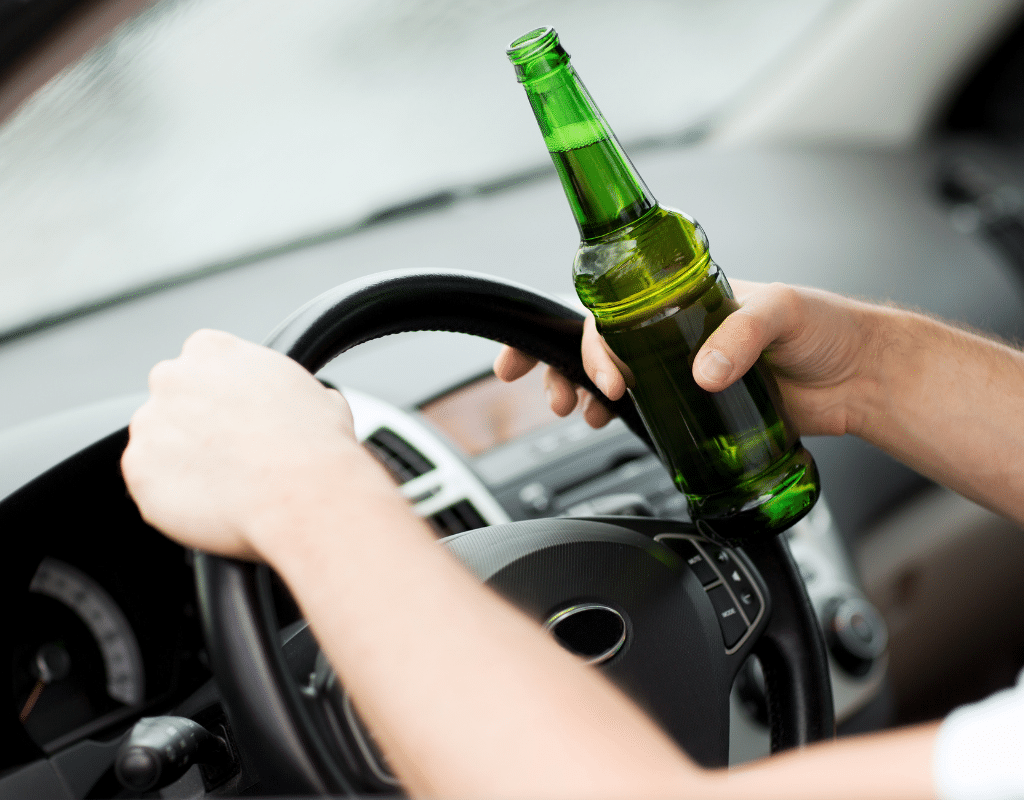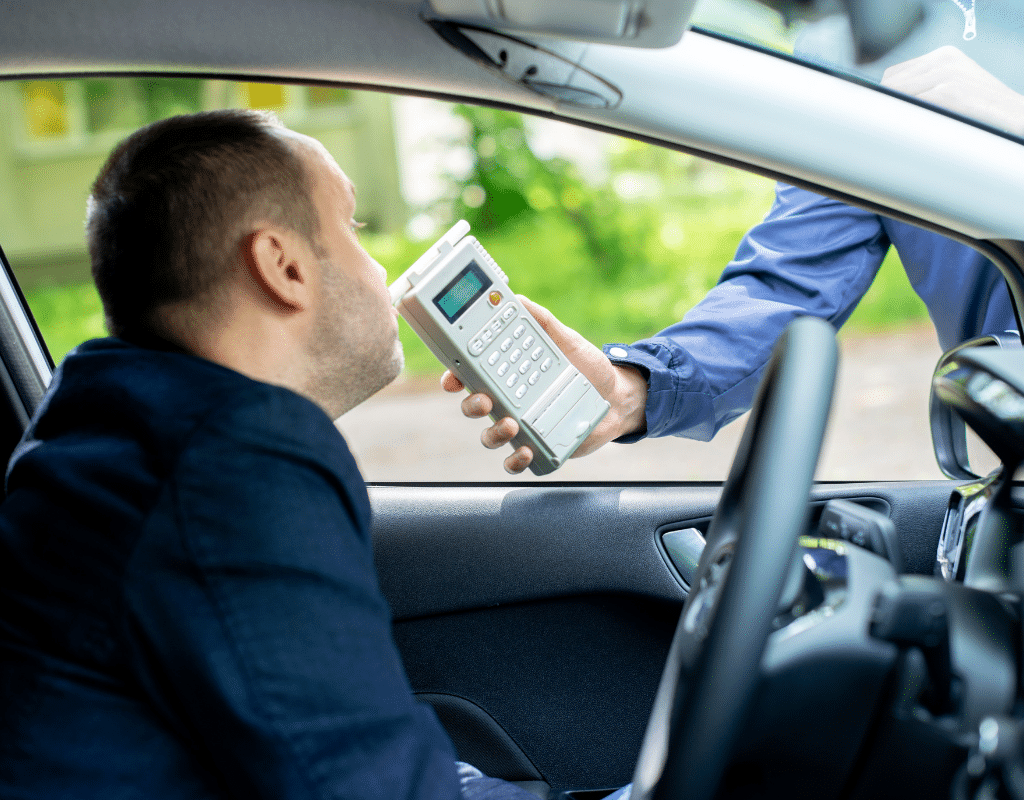Driving while impaired, or DWI, convictions are one of the most common criminal offenses in the United States. However, North Carolina’s impaired driving statutes describe the different levels of impaired driving convictions into six classifications, each with a difference in severity.
In this post, we will discuss the laws surrounding impaired driving convictions, the penalties you will likely face, and the factors that affect your sentencing. We will find that different factors may positively or negatively affect your sentencing. We will provide you the information you need to understand the judicial path that lies ahead.
The Judge’s Perspective When Deciding Your Sentence
When deciding your case, the judge will take into account the law, and possible mitigating or aggravating factors that may help or hurt your case.
First, let’s take a look at what North Carolina statutes say about impaired driving.
The Law(s)
It is against the law in North Carolina to operate a motor vehicle on any highway or public place:
- Under the influence* of an impairing substance
- With a blood alcohol concentration (BAC) of .08% or more (.04% for drivers of commercial vehicles)
- With any metabolized schedule one controlled substance in your system.
*A North Carolina driver is considered to be “under the influence” if the substance causes an appreciable impairment to the driver’s ability to operate a vehicle.
North Carolina’s “implied consent” laws state that all motorists agree to take a urine, blood, or breath test if arrested for driving under the influence. You may lawfully choose to abstain from such tests; however, you will face a 12 month revocation of your license if you choose to do so.
Under North Carolina law, you commit a DWI if you are in physical control of any vehicle while impaired.
Note that you are in physical control even if the car is stopped. You are in physical control if you turn on the car just to use the heater/AC. Even the simple admission of impaired driving is enough evidence for a conviction.
Be careful. The law does not offer much leeway with legal convictions.
Factors That May Affect Your Sentencing
A DWI conviction will be followed by a sentencing hearing, at which you may present mitigating factors that could lower your sentencing such as:
- A BAC below .09%
- A prescription for the drug in your system
- Evidence that you were driving relatively safely
- Your attitude towards the arresting officer – even that may act as a mitigating factor
Certain factors called aggravating factors may be presented by the prosecutor to exacerbate your sentence, including but not limited to:
- BAC of over .15%
- Reckless driving
- Passing a stopped school bus
- Evading police
- Driving over 30 mph over the limit
Certain aggravating factors are considered to be more serious. They are labeled as gross aggravating factors:
- Causing serious injury or collision
- Driving with revoked license due to a previous DWI
- Driving with minor passenger during DWI
- A prior DWI within the last seven years
Penalties That You Should Expect
Each DWI conviction results in a classification in one of six levels: Aggravated Level One, Level One, and so on to Level Five, with that being the least severe. The judge’s deliberation of which level to sentence depends on the relative weight of gross aggravating factors, aggravating factors, and mitigating factors.
Aggravated Level One: three or more gross aggravating factors
- Up to $10,000 fine and 12 to 36 months in jail
- If probation is granted, the driver must serve at least 120 days in jail, submit to sobriety monitoring during probation, and complete an assessment and treatment program.
Level One: DWI with two gross aggravating factors or involves a minor passenger
- Up to $4,000 fines and 30 days to 24 months in jail
- The driver must have served ten days in jail for the judge to consider probation. The driver will also be required to submit to sobriety monitoring during probation, and they must complete an assessment and treatment program.
Level Two: DWI with one gross aggravating factors
- Up to $2,000 fines and 7 days to 12 months in jail
- The driver can avoid the minimum jail time by submitting to at least 90 days of monitored sobriety.
- If there is also another DWI within the last five years, the driver will need to complete 240 hours of community service.
Level Three: no gross aggravating factors; aggravating factors outweigh mitigating factors
- 72 hours to 6 months of jail time and a max of $1,000 fine
Level Four: no gross aggravating factors; aggravating factors balanced with mitigating factors
- 48 hours to 120 days of jail time and a max of $500 fine
Level Five: no gross aggravating factors; mitigating factors outweigh aggravating factors
- 24 hours to 60 days of jail time and a max of $200 fine
The minimum jail time can typically be avoided by completing community service. All DWI convictions come with a mandatory substance abuse assessment along with the recommended treatment or rehabilitative course.
Additionally, the North Carolina DMV will revoke your license if convicted of a DWI. After the period of revocation, you will be required to install an ignition interlock device (IID) on your car.
The length of revocation and IID restricted driving will increase in length with each DWI.
- First offense has a one year revocation with a one year IID restriction
- Second offense garners a four year revocation with three years of IID restriction
- Third offense incurs a permanent restriction with seven years of IID restriction
Note: you may become eligible for early reinstatement by submitting to sobriety monitoring.










